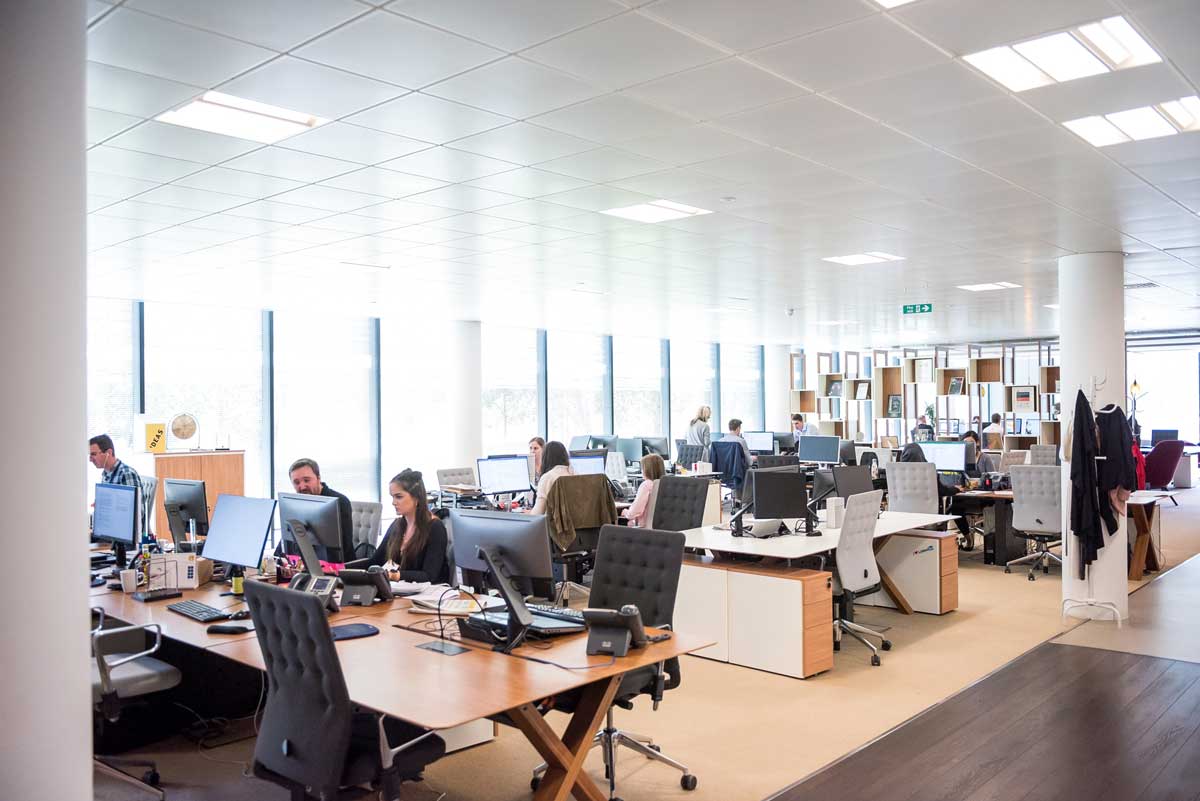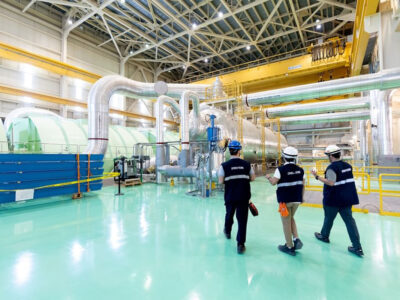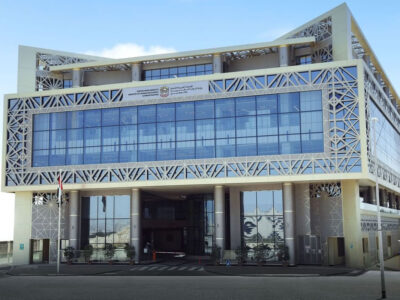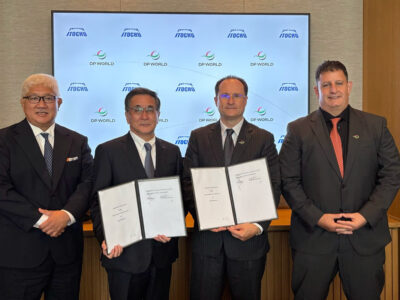Employers in the UAE are increasingly switching over to a scientific model for fixing expat employee salaries, adopting international cost-of-living indexations as the benchmark for deciding basic salaries, as against the old practice of hard bargaining, HR experts said.
Company managements, however, follow a liberal approach when it comes to offering additional perks and incentives to attract the best talents from across the world.
They also throw in top-rate lifestyle offerings and global connectivity as the UAE offers to tap the international talent pool in a big way.
“Salary levels are getting increasingly rationalised in the UAE, with employers looking at the cost of living indexes at a global level while negotiating and fixing basic salaries for expat employees,” Mahesh Krishnamoorthy, Managing Director, Core Integra, an India-based globally operating HR company, which is currently expanding to the UAE in a big way, told Arabian Business.
“Earlier it used to be a simple exercise where an employer or employee could make a demand, based on demand-supply advantage,” he said.
Krishnamoorthy said now UAE employers have evolved to manage the comparative more scientifically.
The cost-of-living index for cities are calculated periodically based on prices of nearly representative baskets of consumer goods.
In addition, the level of the prevailing average income in the respective city/country also plays a role in the cost comparison.
The cost-of-living index for UAE is estimated at 72.3, with an average monthly income at $4,097 and an average purchasing power index at 88.6, while that for Saudi Arabia is at 51.8, with an average monthly income and purchasing index estimated at $2,307 and 69.6, respectively and India at 24.6, with an average monthly income of $199 and purchasing index at 12.6, as per World Data.

Index-based expat salaries gain traction
Human Resources (HR) experts said the new model for expat salary fixing is gaining traction among companies at a faster clip amidst an influx of global talents, especially from some of the Western countries such as the US, the UK, Canada and Europe, besides India, in the wake of large-scale employee lay-offs by multinational companies in many sectors.
Besides, several Indian and international multinational companies operating in the Western markets have also mandated HR companies to relocate part of their employees to some of the Middle East cities like Dubai and Abu Dhabi – billed as the new growth centres globally – as part of their business restructuring plans in line with operational cost cuttings.
“Expat candidates also seem to be happy with this (index-based) model as they get a clear picture on their earnings and savings, rather than just an estimation,” a Dubai-based company HR executive said.
Companies can look at various cost factors such as how much the rent outgo be, what would be the transport costs, average cost of groceries, schooling, entertainment and lifestyle, etc., at a click of a button.
“There are also research reports available at a nominal cost for employers to access this data and offer an error-proof comparison at the time of negotiations with the candidate,” the HR executive said.
Krishnamoorthy said one of the key challenges in this area is compensation benchmarking where it cannot be as straightforward as currency value comparison.
“There is a hidden bargain on the cost-of-living which employers and employees have to align as part of the offer negotiation process,” said the top executive of Core Integra, which is among the companies which have bagged mandates from companies for hiring and employee relocation to the UAE.
Hong Kong and Singapore figured on top of the list in Mercer’s annual cost of living city ranking for 2024.
Dubai emerged as the costliest city in the Middle East for international employees, ranking 15th globally – up three places from 2023.
Tel Aviv is the next most expensive city in the region, followed by Abu Dhabi (43), Riyadh (90) and Jeddah (97).

Compensation package models are still work-in progress
HR experts, however, said the transition to international models for employee compensation packages are still a work-in-progress for companies in the UAE as most of them are still reluctant to offer perks like employee stock options or profit-linked bonuses to executives, especially at top, senior and mid-levels.
“Even today, [at top and senior levels] it largely goes by practice of individual bargaining.
“There is an ask for equity participation or share of profit participation as happens in US and SE Asia but [companies in the UAE] still prefer the fixed compensation plus annual incentive model, with a couple of perks/benefits for senior folks thrown in,” Krishnamoorthy said.
He, however, said employers in UAE will still be able to attract a top talent pool from across the globe, even from countries like the US and Europe, besides neighbouring countries like India, as executives are looking for stable jobs and better growth prospects.
“In today’s ever-evolving global landscape, the factors that make a location attractive extend far beyond mere cost considerations,” the Core Integra top executive said.
He said while cost undoubtedly still plays a significant role, companies and employees are increasingly prioritizing other factors when evaluating the appeal of a destination.
“Factors such as quality of life, safety and security, besides the presence of robust infrastructure and seamless connectivity, have become key determinants of a location’s allure,” Krishnamoorthy said.








